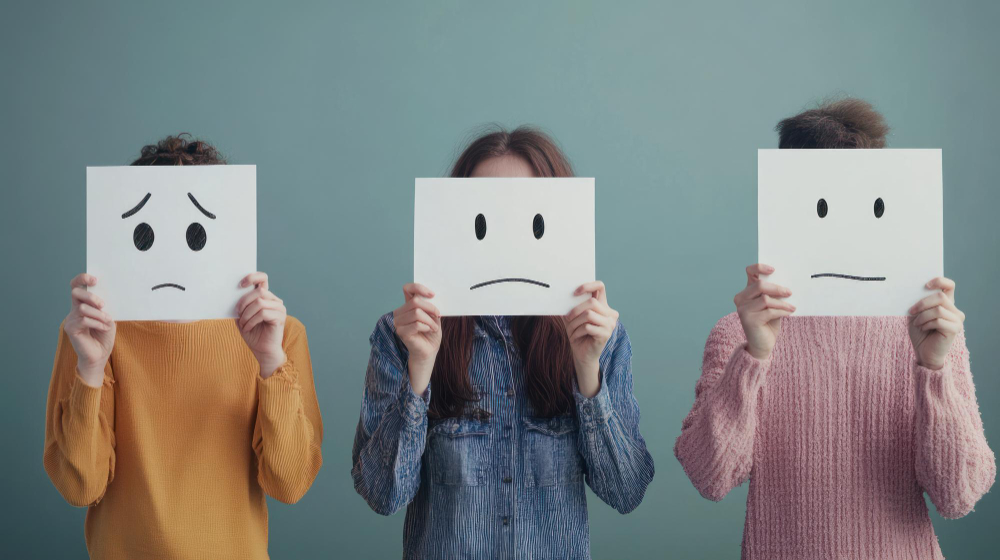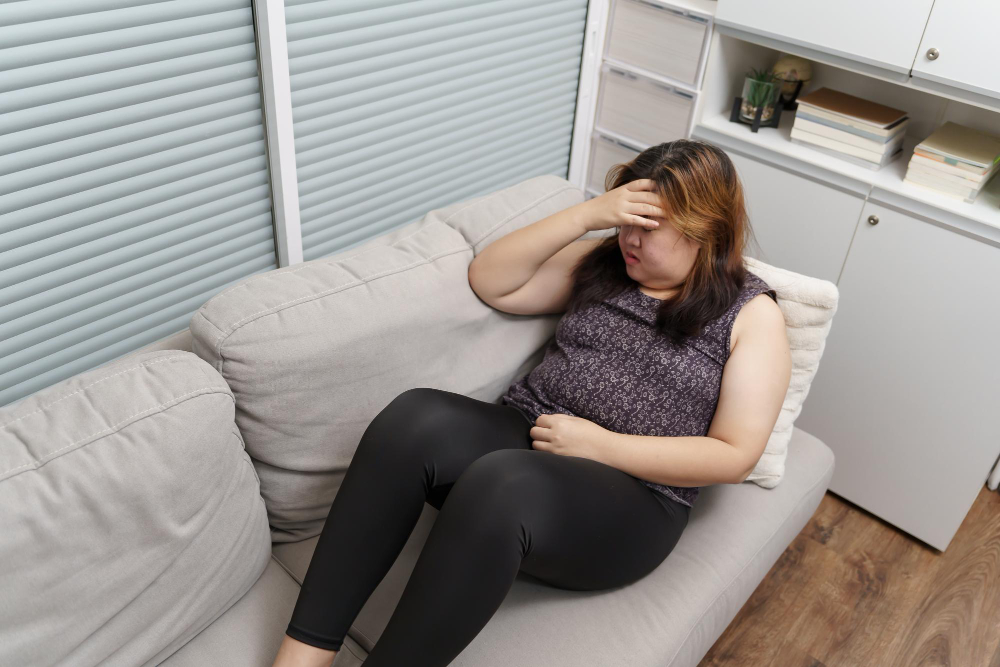As the years go by, it’s natural to notice changes in your body and overall energy levels. Some of these shifts can be linked to age, but others may point to a deeper issue namely hormone imbalance.
Our bodies rely on a delicate hormonal system that influences nearly everything, from mood and metabolism to sleep and sexual health. When those hormones fall out of balance, the effects can be felt in ways that disrupt everyday life. Many people dismiss these symptoms as “just getting older”, but recognising the signs of imbalance can make all the difference in improving health and well being.
How Hormone Imbalance Develops
As we age hormone production naturally slows down and for women, this often happens during perimenopause and menopause, when estrogen, progesterone and testosterone levels declining.
For men, testosterone gradually decreases which is a phase sometimes called andropause. These changes don’t occur overnight but progress over time, often bringing with them noticeable effects on energy, mood and physical health.
Outside of natural aging, other factors can also accelerate or worsen hormone imbalances, with stress playing a major role as it can throw the adrenal glands off balance, while lifestyle habits such as poor diet, a lack of sleep and a sedentary lifestyle further contributing to the problem.
Environmental influences (including chemical exposure and toxins) may also disrupt the body’s endocrine system. Recognising that hormone imbalance is not just about age but a combination of factors makes it easier to address the root cause rather than just the symptoms.

Symptoms of Hormone Imbalance in Women and Men
The symptoms of hormone imbalance often overlap between men and women, making them important to spot early.
- Fatigue is one of the most common complaints with many people feeling drained even after a full night’s sleep, which affects productivity and quality of life
- Weight gain, particularly around the midsection may occur despite regular exercise and a balanced diet, leaving people frustrated with the lack of results
- Mood swings, irritability or feelings of anxiety and depression can also stem from fluctuating hormones, influencing relationships and emotional well being
- Sleep disturbances are another sign, with many experiencing trouble falling asleep or staying asleep
- Libido often decreases as hormone levels change, which can lead to concerns in personal relationships
- Physical signs such as thinning hair, dry skin and muscle weakness, may also appear along with cognitive issues like memory lapses or “brain fog”
These symptoms, whether subtle or pronounced, serve as signals that the body may be out of balance and could benefit from further evaluation.
Exploring Bioidentical Hormone Replacement Therapy
For those experiencing disruptive symptoms, bioidentical hormone replacement therapy (BHRT) has become a well regarded option. Unlike conventional hormone therapies, bioidentical hormones are derived from plant sources and designed to match the body’s natural hormones on a molecular level. This compatibility often leads to smoother results and fewer unwanted side effects.
The treatment process begins with testing to assess individual hormone levels and then from there, a personalised plan is created to restore balance. This tailored approach allows therapy to target specific deficiencies.
Over time, many individuals report significant improvements to well being. And beyond the immediate symptom relief, restoring hormonal balance can also help protect long term health, reducing risks related to osteoporosis, cardiovascular disease and cognitive decline. With ongoing monitoring and adjustments, bioidentical therapy offers a safe and adaptable way to regain vitality.
Taking Steps Toward Balance
Living with the symptoms of hormone imbalance can be discouraging, but there are many solutions available today. By recognising some of the signs early and seeking guidance from our wellness professionals, it’s possible to improve how you feel day to day and prevent future health issues.

